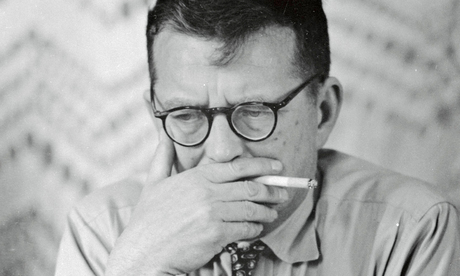
The first release in Mark Wigglesworth's Shostakovich cycle for BIS (of the Seventh Symphony) appeared as long ago as 1997. This pairing of the first and last symphonies completes the project, which has been shared between the Netherlands Radio Orchestra and the BBC National Orchestra of Wales. In fact, both these works were recorded eight years ago, and Wigglesworth's performance of the First has been issued before, on a disc with the Second and Third Symphonies two years ago.
Reissuing it with the work at the very opposite end of the canon makes a good deal of sense, though. For there's something about Wigglesworth's approach to the First that seems determined to link it with the mainstream of Shostakovich's symphonic writing, rather than treating it as a brittle example of his early flirtation with neoclassicism (which was followed by the modernist experimentalism of the Second and Third, and only after that by the evolution of a personal, genuinely symphonic style from the Fourth Symphony onwards). Wigglesworth shows that some of the qualities he finds in his delicate, almost balletic treatment of the first movement – and especially the weighty elements he unearths in its lento and finale – can be transferred directly across almost half a century to the 15th.
As Wigglesworth points out in his own thoughtful sleeve notes, that's partly because Shostakovich set out in his final symphony to trace his own biographical journey in music, with a liberal use of allusions and direct quotations, not only from his own works but from a host of other composers, too – most obviously from Rossini's William Tell in the first movement, and the fate motive from Wagner's Ring and the opening of Tristan und Isolde in the finale. But hearing how the energy of the opening movement of the First translates into the more sardonic mechanics of the same movement in the 15th, and how the tragedy that the second movement of the 15th confronts what was already lurking in the 1920s, suggests that the real foundations of his symphonic thinking were laid right at the start of his composing career.
Now that it is complete, Wigglesworth's cycle emerges as one of the finest of recent times, far more consistent and considered than its most obvious recent rival, from Vasily Petrenko on Naxos. The very wide dynamic range of the BIS recordings may be a problem to some listeners – turn up the volume to catch the detail of some of the extreme pianissimos and you risk being overwhelmed by the climaxes – but it's well worth persevering.

